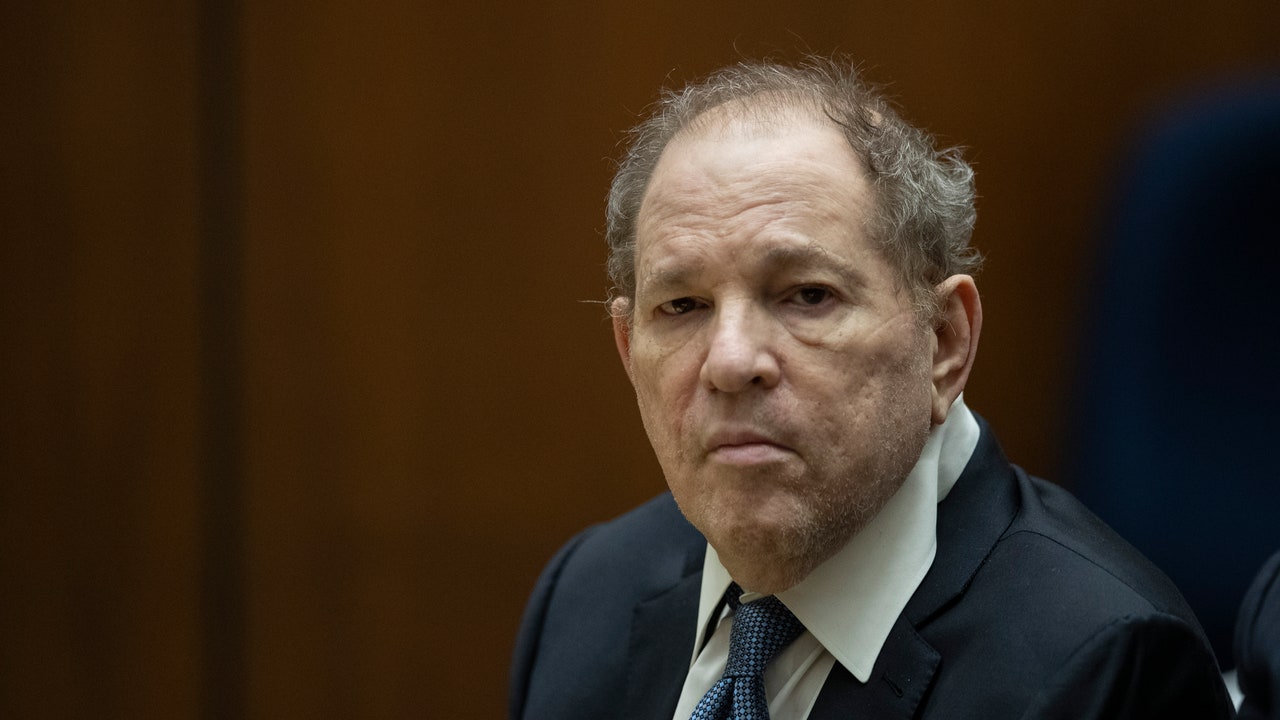
Overturning decisions carries significant implications, consequences, and perspectives that shape our understanding of the term. This article delves into the multifaceted nature of overturned meaning, exploring its historical and legal context, methods of overturning, and the impact on individuals and society.
From legal rulings to societal norms, overturned meaning has played a pivotal role in shaping the course of history. Join us as we uncover the complexities of this concept and its profound implications.
Definition and Interpretation

The term “overturned” literally signifies the reversal or nullification of an existing decision or ruling. It implies a complete change in the outcome or status quo, rendering the previous determination obsolete.
Beyond its literal meaning, “overturned” carries connotations of defeat, invalidation, and the undoing of an established order. It suggests a significant shift in power dynamics or the prevailing narrative.
The interpretation of “overturned” is influenced by contextual factors, including the nature of the decision being reversed, the authority making the overturn, and the legal or societal implications involved.
Historical and Legal Context
The term “overturned” has a long history in legal and constitutional frameworks. It is often used to describe the reversal of court rulings, laws, or government decisions.
In the United States, the Supreme Court holds the power to overturn lower court decisions and acts of Congress through the process of judicial review. Notable cases where “overturned” played a pivotal role include:
- Marbury v. Madison(1803): Established the principle of judicial review.
- Brown v. Board of Education(1954): Overturned the “separate but equal” doctrine in public schools.
- Roe v. Wade(1973): Legalized abortion nationwide, but was later overturned in Dobbs v. Jackson Women’s Health Organization(2022).
Implications and Consequences
Overturning a decision can have far-reaching consequences for individuals, institutions, and society as a whole. It can:
- Reverse legal precedents and alter the interpretation of laws.
- Undermine the authority of the decision-making body.
- Create uncertainty and instability in the legal and social landscape.
- Impact the rights, freedoms, and well-being of individuals.
The ethical implications of overturning decisions must also be considered. It raises questions about the legitimacy of reversing previous rulings, the fairness to those affected, and the potential for abuse of power.
Methods of Overturning
Decisions can be overturned through various mechanisms or processes, depending on the context and legal framework:
- Judicial review:Courts can overturn lower court decisions or laws that are deemed unconstitutional or in violation of established legal principles.
- Legislative action:Legislatures can pass new laws or amend existing ones to overturn previous decisions or policies.
- Executive action:In some cases, executive authorities may have the power to overturn or veto decisions made by other branches of government.
- Referendum:Citizens can directly overturn government decisions through referendums or ballot initiatives.
Examples and Case Studies
Examples of overturned decisions include:
- The Citizens Uniteddecision by the Supreme Court in 2010, which overturned campaign finance restrictions and allowed corporations to spend unlimited amounts of money on political campaigns.
- The Defense of Marriage Act(DOMA) was overturned by the Supreme Court in United States v. Windsor(2013), legalizing same-sex marriage at the federal level.
- In 2017, the Trump administration overturned the Obama-era Deferred Action for Childhood Arrivals (DACA) program, which provided temporary protection from deportation for undocumented immigrants brought to the U.S. as children.
Perspectives and Opinions: Overturned Meaning

Opinions on the concept of overturning decisions vary widely. Some argue that it is essential for correcting errors, ensuring justice, and adapting to changing societal norms.
Others express concerns about the potential for abuse of power, the undermining of legal stability, and the erosion of public trust in decision-making institutions.
The role of public opinion and societal values plays a significant role in shaping attitudes towards overturning decisions. Public pressure or support can influence the likelihood and perceived legitimacy of overturning actions.
Final Wrap-Up
In conclusion, overturned meaning is a complex and multifaceted concept that touches upon various aspects of law, society, and human interaction. Understanding its implications and consequences is crucial for navigating the ever-changing landscape of decision-making. By examining the diverse perspectives on overturning, we gain valuable insights into the delicate balance between upholding precedent and embracing change.
Query Resolution
What is the literal meaning of “overturned”?
Overturning literally means to reverse or set aside a decision, ruling, or judgment.
What are the potential consequences of overturning a decision?
Consequences can include legal repercussions, societal upheaval, and a loss of trust in institutions.
What are the different methods of overturning a decision?
Methods include appeals, judicial review, and legislative action.





